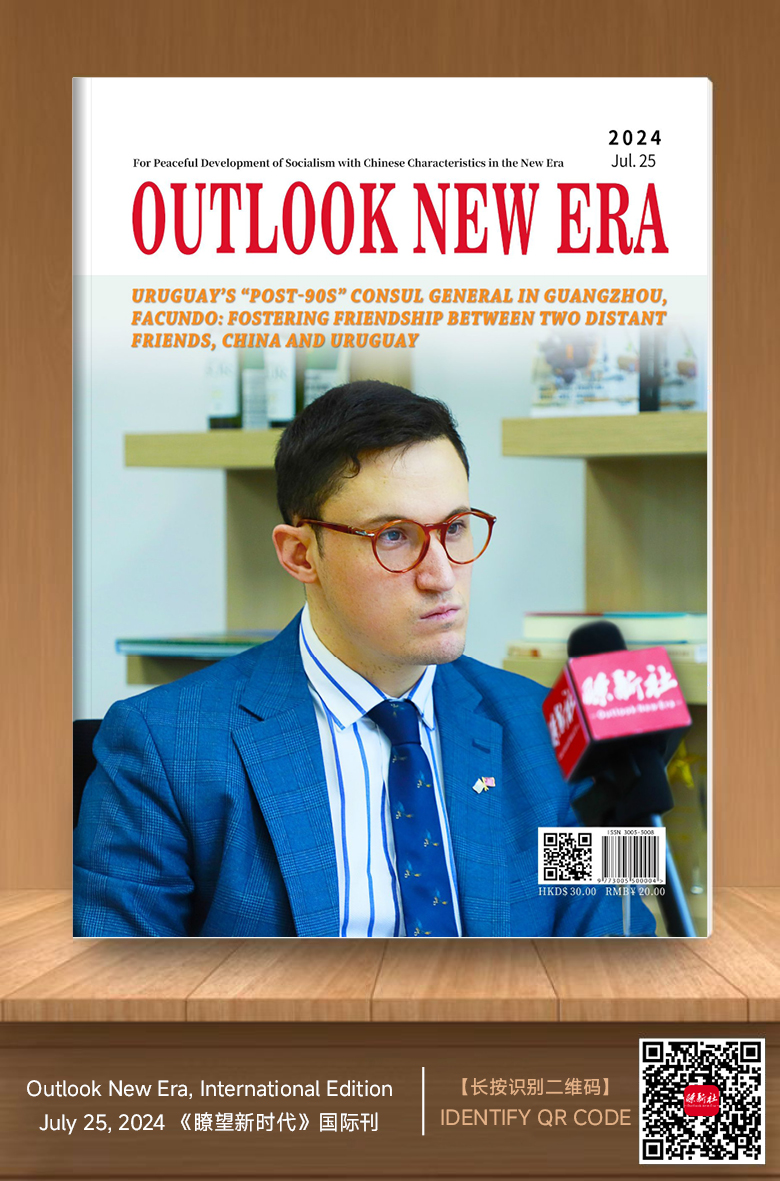2024-07-29
With 89% of all current conflicts in the world occurring in countries with low intercultural dialogue, to forge effective cooperation and sustain peace, strengthening intercultural dialogue must be a priority.
According to UNESCO data, the cultural and creative sector is one of the most powerful engines of development worldwide. It accounts for more than 48 million jobs globally almost half of which are held by women — representing 6.2% of all existing employment and 3.1% of global GDP. It is also the sector that employs and provides opportunities for the largest number of young people under the age of 30.
In a bid to change this, in September 2022, delegations from 150 States gathered in Mexico for MONDIACULT 2022, the largest world conference devoted to culture in the last 40 years.
They unanimously adopted the historic Declaration for Culture affirming culture as a "global public good" and calling for it to be integrated "as a specific goal in its own right" in the development agenda beyond 2030.
Cultural diversity is a driving force of development, not only with respect to economic growth, but also as a means of leading a more fulfilling intellectual, emotional, moral and spiritual life. This is captured in the culture conventions, which provide a solid basis for the promotion of cultural diversity. Cultural diversity is thus an asset that is indispensable for poverty reduction and the achievement of sustainable development.
At the same time, acceptance and recognition of cultural diversity — in particular through innovative use of media and Information and Communications Technologies (ICTs) — are conducive to dialogue among civilizations and cultures, respect and mutual understanding.(Outlook New Era)

特别声明:本站转载或引用之图文若侵犯了您的合法权益,请 与本站联系,本站将及时更正、删除。版权问题及网站合作, 请通过瞭望新时代邮箱联系:lwxsd@liaowanghn.com
 推荐阅读 换一换
推荐阅读 换一换
